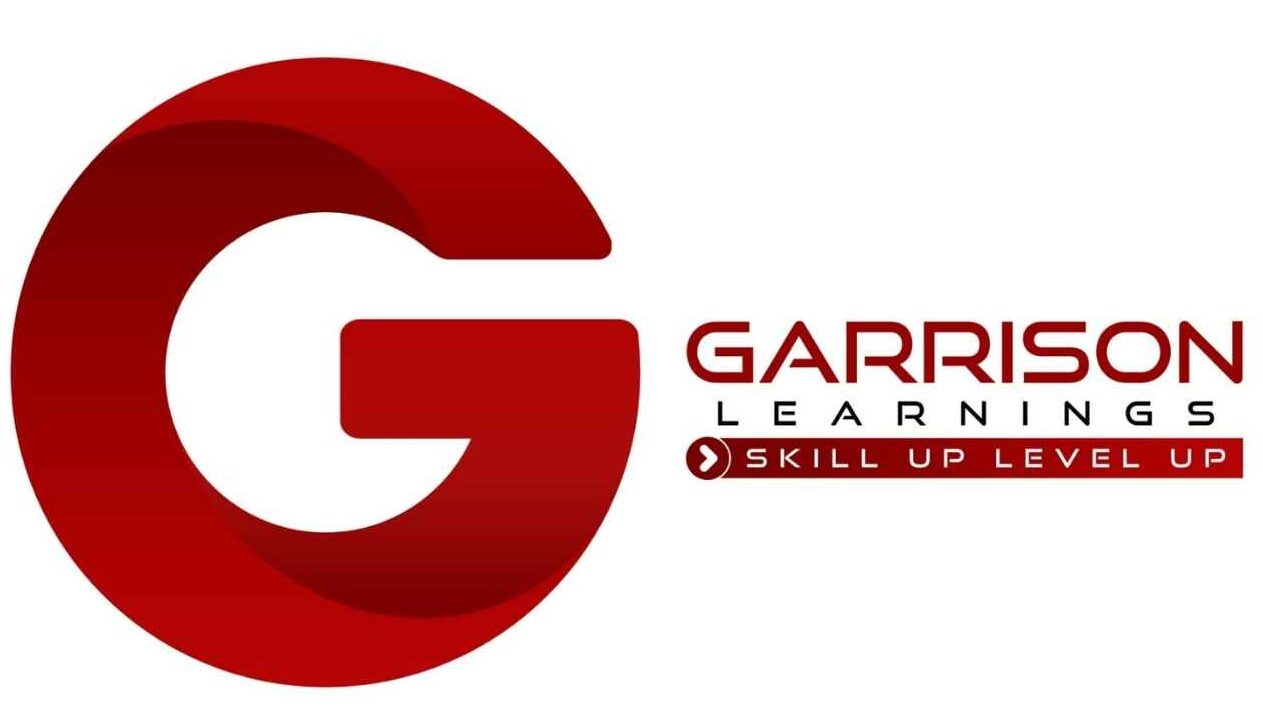About the course
Welcome to our Surgical Mastery Course, designed to provide aspiring and practicing surgeons with advanced knowledge and practical skills in surgical principles, techniques, and patient management. This program covers a wide range of essential surgical topics, from preoperative planning and intraoperative procedures to postoperative care and complication management. Join us and enhance your surgical expertise to deliver exceptional patient care.
Course content
- Introduction to Surgical Principles:
- Understanding the history and evolution of surgical techniques.
- Exploring the principles of asepsis, hemostasis, and wound healing.
- Preoperative Planning and Patient Assessment:
- Conducting thorough patient assessments and risk stratification.
- Developing comprehensive preoperative plans.
- Surgical Anatomy and Physiology:
- Reviewing relevant surgical anatomy and physiology.
- Understanding the impact of surgical procedures on physiological systems.
- Surgical Instrumentation and Equipment:
- Mastering the use of surgical instruments and equipment.
- Understanding the principles of electrosurgery and energy devices.
- Suturing and Wound Closure Techniques:
- Mastering various suturing techniques and wound closure methods.
- Understanding the principles of tissue handling and wound management.
- Laparoscopic and Minimally Invasive Surgery:
- Understanding the principles of laparoscopic and minimally invasive surgery.
- Mastering laparoscopic techniques and instrumentation.
- Intraoperative Monitoring and Management:
- Understanding the principles of intraoperative monitoring.
- Managing intraoperative complications and emergencies.
- Surgical Decision Making and Problem Solving:
- Developing critical thinking and decision-making skills in the operating room.
- Managing complex surgical cases and unexpected findings.
- Surgical Safety and Error Prevention:
- Understanding the principles of surgical safety and error prevention.
- Implementing strategies to minimize surgical risks.
- Postoperative Patient Management:
- Understanding the principles of postoperative care and recovery.
- Managing postoperative pain, infections, and other complications.
- Surgical Complication Management:
- Developing strategies for preventing and managing surgical complications.
- Understanding the principles of critical care and resuscitation.
- Wound Healing and Scar Management:
- Understanding the principles of wound healing and scar formation.
- Implementing strategies to optimize wound healing and minimize scarring.
- Surgical Ethics and Decision Making:
- Understanding the ethical principles that guide surgical practice.
- Navigating ethical dilemmas in surgical decision making.
- Communication and Teamwork in Surgery:
- Developing effective communication and teamwork skills.
- Understanding the importance of interprofessional collaboration.
- Surgical Leadership and Professional Development:
- Understanding the principles of surgical leadership.
- Developing strategies for continuous professional development.
- Robotic Surgery:
- Understanding the principles of robotic surgery.
- Mastering robotic surgical techniques and instrumentation.
- Surgical Simulation and Training:
- Utilizing surgical simulation for skill development and training.
- Understanding the benefits of simulation-based learning.
- Emerging Surgical Technologies:
- Exploring emerging surgical technologies and their applications.
- Understanding the impact of technology on surgical practice.
- Real-World Surgical Scenarios:
- Analyzing and managing real-world surgical cases.
- Applying learned concepts to practical situations.
- Surgical Workshops and Simulations:
- Participating in hands-on surgical workshops and simulations.
- Refining surgical skills through practical application.
- Case Study Analysis and Discussion:
- Completing case study analyses and participating in discussions.
- Developing critical thinking and problem-solving skills.




